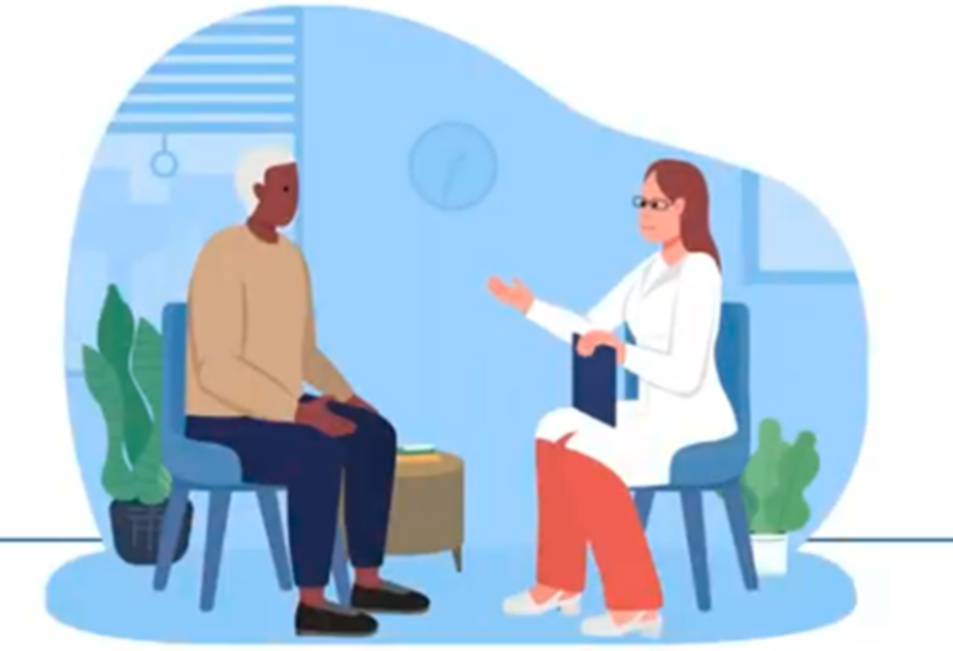“You can apply these same techniques to overeating. You can apply them to decreasing substance abuse. You know, you're just changing the words, right? It's the technique that's important.”

How to Talk with Patients and Parents about Vaccines is an interactive, self-paced, online learning program that earns Continuing Medical Education (CME) credit for healthcare providers and pharmacists. It improves the efficiency and effectiveness of clinical vaccine discussions with patients. It’s an ideal resource for all clinicians and their healthcare teams administering vaccines.
Program content derives from the work of vaccine experts, epidemiologists, and clinical practice leaders at Johns Hopkins Bloomberg School of Public Health’s Institute for Vaccine Safety.
The program is presented in short modules that total 60 minutes (about 10 minutes each) and includes how to use the effective “Presumptive Approach,” which assumes the standard of care when introducing the topic of vaccines. It also presents the “5-Step Strategy,” which research has found to improve informed vaccine decision-making and acceptance among vaccine hesitant patients while maintaining patient autonomy and a healthy provider-patient relationship.
In addition to explaining the elements of effective vaccine communication, the program offers animated scenarios to model the frequently used but ineffective ways many providers typically discuss vaccines. These are followed by what have been found in the medical literature to be the most effective approaches—those that result in the patient’s understanding of both benefits and risks of the vaccine in question, and potential consequences of the disease that the vaccine protects against.

“You can apply these same techniques to overeating. You can apply them to decreasing substance abuse. You know, you're just changing the words, right? It's the technique that's important.”
“I appreciated the tone of the CME for not coming across as too polemic or having any sort of strong emotions behind what it was saying. It was just ‘these are the facts,’ and the language wasn’t highly values-based.”